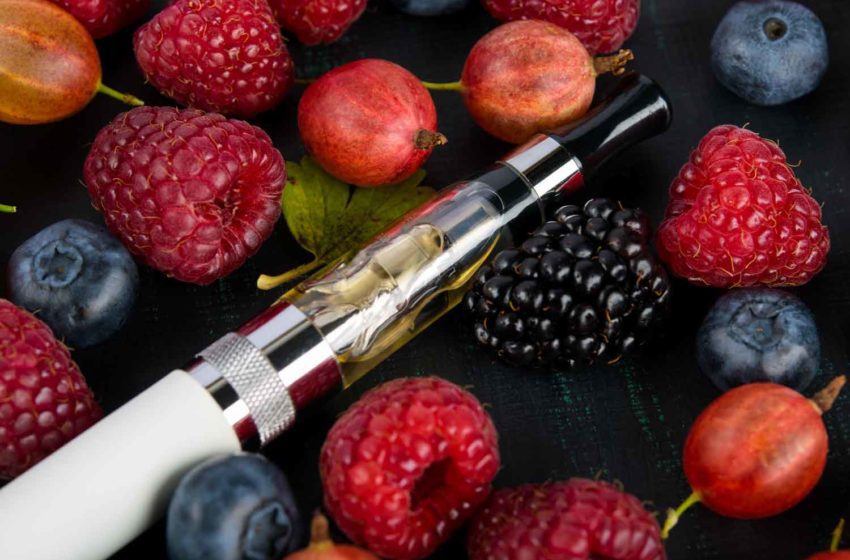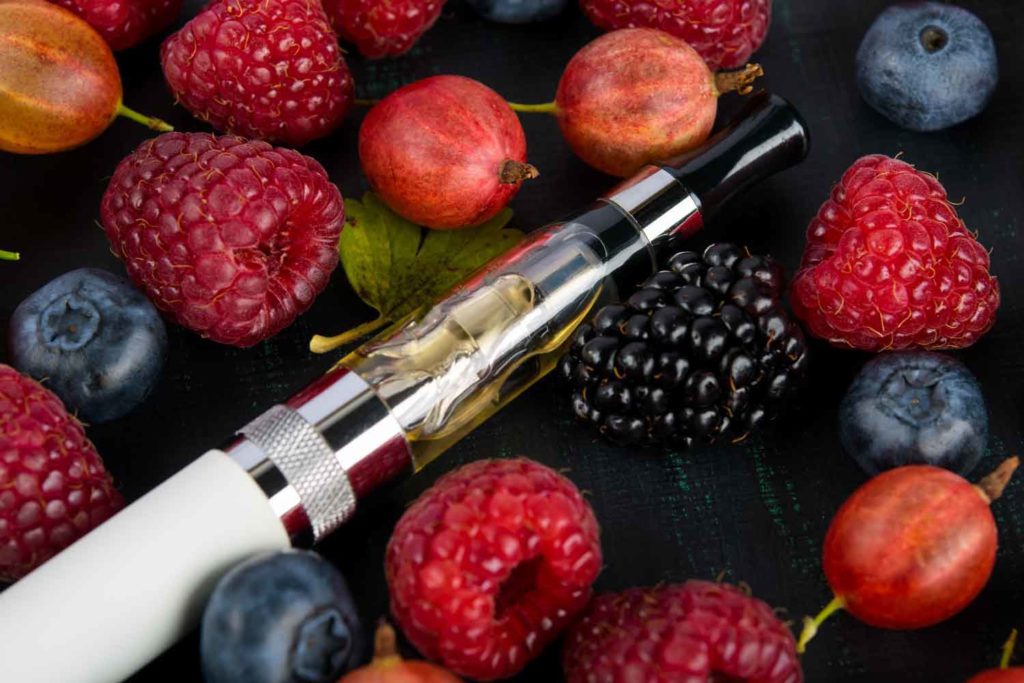Trade Group: Flavor Ban Study is Misleading
- Featured Flavors News This Week Science
- February 17, 2022
- 0
- 1
- 2 minutes read


The conclusion from a recent study that flavor ban-induced sales declines also reduce youth vaping is unwarranted, according to the Canadian Vaping Association (CVA).
A recent CDC Foundation analysis examining the change in vape product sales in Massachusetts, New York, Rhode Island and Washington after flavor bans found that statewide restrictions on nontobacco-flavored sales were associated with reductions of 25.01 percent to 31.26 percent in total unit sales compared with total sales in states without restrictions.
However, the “hasty” conclusion that the reduction in total sales has also reduced youth vaping prevalence does not hold up, according to the CVA, because the authors were unable to assess the age of purchasers.

According to the CVA, the most common way for youth to access vaping products is through social sourcing. “Even if the age of the purchasers could be verified, a reduction in youth vaping could only be determined through additional studies,” the CVA wrote in press note.
“The problem with taking a micro view to regulation and forming policy based on individual studies is [that] the bigger picture is neglected,” said Darryl Tempest, government relations council to the CVA Board. “If we take this study at face value and assume the conclusion is accurate and less youth are vaping, on the surface it seems like this type of regulation is logical. Yet, we know from reviewing the full scope of evidence that flavor restrictions result in smoking-related illness and death.”
